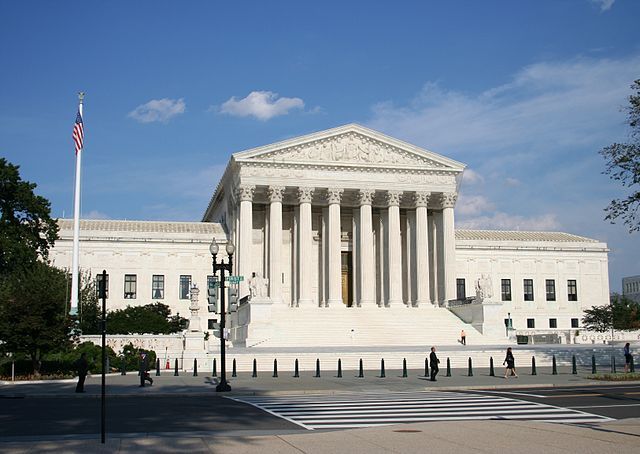WASHINGTON (Legal Newsline) - The U.S. Supreme Court will let stand a ruling in Hawaii that paves the way for government officials represented by contingency fee lawyers to sue the oil industry over the effects of global warming.
Despite pleas from companies like Exxon and Chevron and the attorneys general of 20 states, the justices on Monday declined to hear the appeal of a Hawaii Supreme Court ruling that denied Big Oil's motion to dismiss the case, brought by Honolulu.
“The Supreme Court’s decision not to hear this case at this time is unfortunate because it prolongs litigation when there is general agreement that state law — in this instance, Hawaii’s — cannot govern, let alone impose liability on, the manufacture, sale and promotion of energy around the world," said Phil Goldberg, special counsel for the Manufacturers' Accountability Project.
At issue is whether state court judges should have the power to essentially impact the international energy market. Twenty Republican state attorneys general argue the Hawaii case involves questions of interstate and international law that can only be decided by Congress or in federal courts.
Years ago, two separate federal judges dismissed some of the earliest-filed of these cases, finding it inappropriate to ask courts to decide issues of international energy policy. Those dismissals were undone by the U.S. Supreme Court later when it held the cases belong in state courts around the country.
Lawyers at firms like Sher Edling filed their complaints to plead violations of state consumer protection and public nuisance laws. In Hawaii, the state Supreme Court has allowed their case to move past a motion to dismiss, leading to Big Oil's appeal.
A Baltimore judge has reached the opposite conclusion than Hawaii courts did. Judge Videtta Brown said the litigation goes beyond the limits of Maryland law, or whatever state other cases are filed in. Most municipalities and states that have filed suit are near oceans, though Boulder, Colo., has also sued.
"The explanation by Baltimore that it only seeks to address and hold Defendants accountable for a deceptive misinformation campaign is simply a way to get in the back door what they cannot get in the front door," she wrote.
The claims of consumer deception are ludicrous, legal scholars Richard Epstein and John Yoo argued in an amicus brief to the Supreme Court. Under Honolulu’s theory, the oil companies have damaged the city by conducting a “disinformation campaign” that caused consumers worldwide to burn more fossil fuels than they would have, had they known the true risks of global warming.
Honolulu claims the oil companies “are in possession of information on global warming of which the plaintiffs are ignorant,” Epstein and Yoo wrote. “But nothing could be further from the truth. Information about climate change is a matter of public knowledge and can be obtained from many different sources, each with its own distinctive perspective.”
